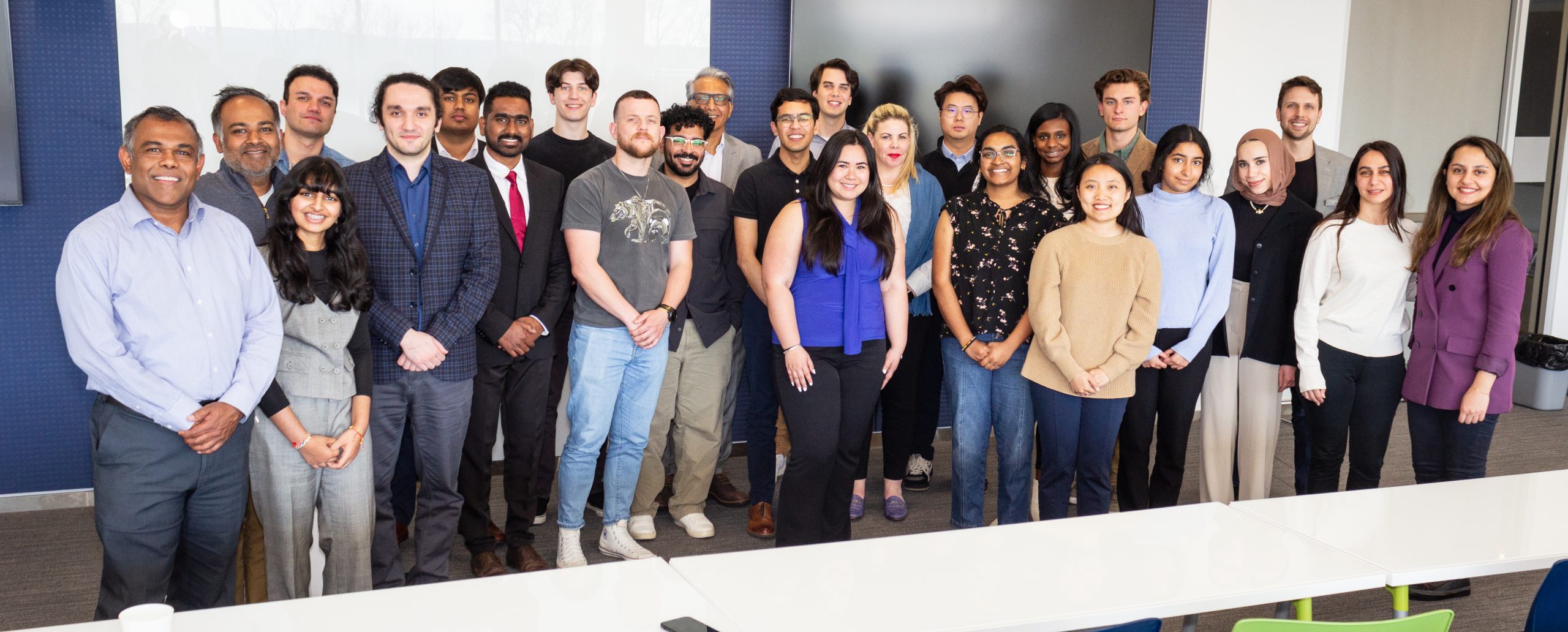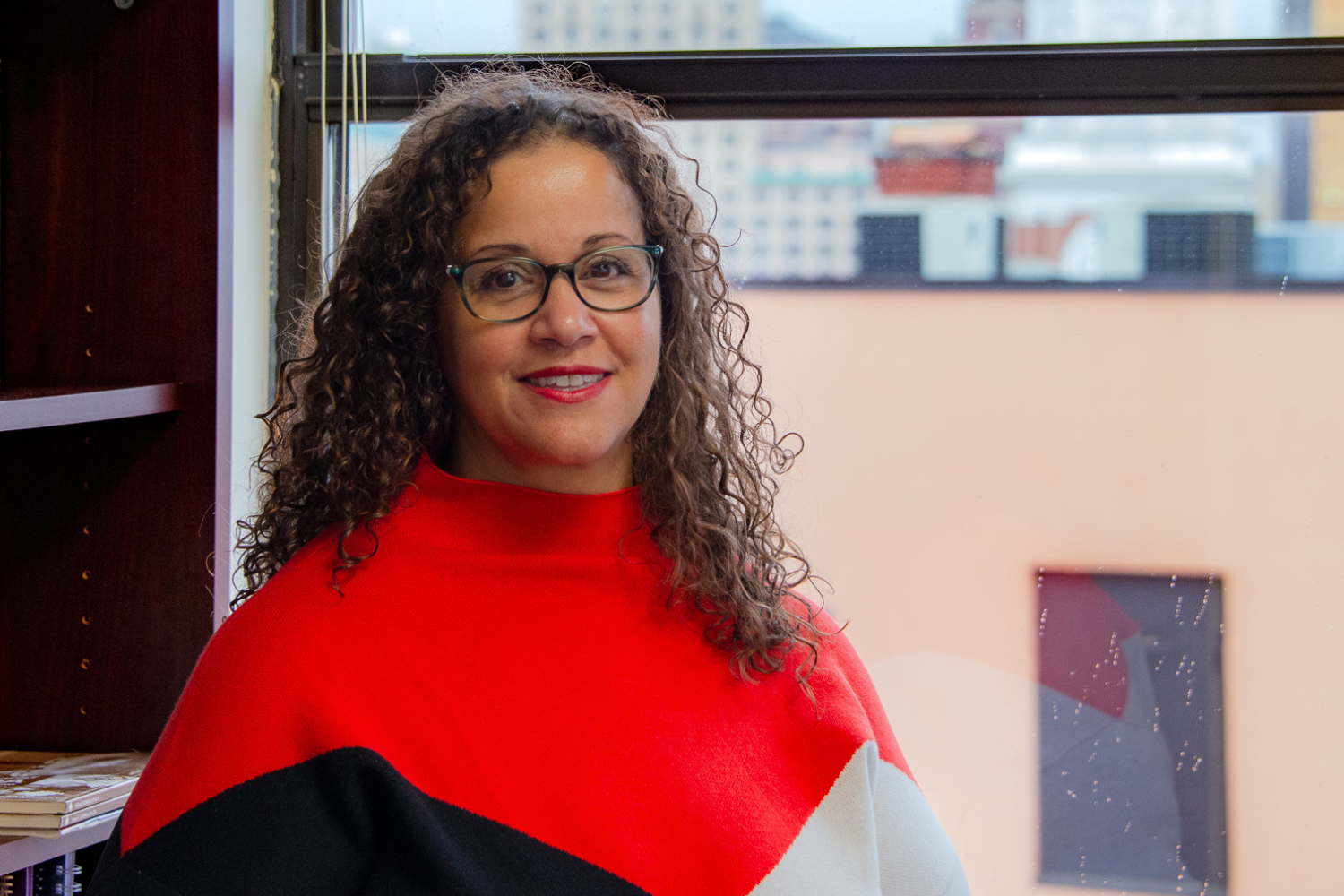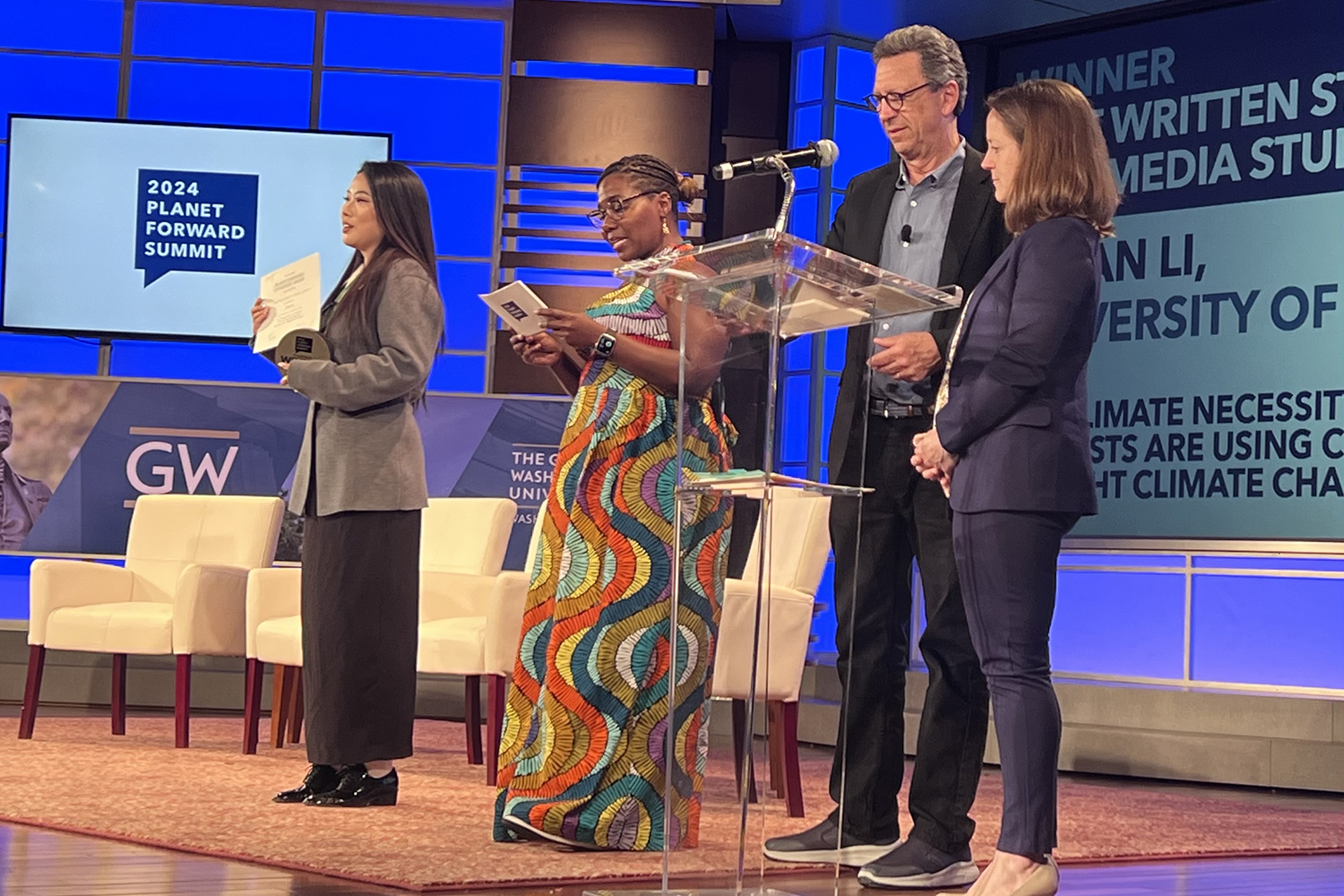
Mary Holz-Clause arrived in December as the University of Connecticut’s first vice president for economic development. With more than 30 years in the field of economic development, she most recently served as associate vice president for extension and outreach at Iowa State University, where she was responsible for advancing economic development opportunities with key partners of ISU on local, national, and international levels. She spoke with UCONN Magazine about the ways in which UConn can contribute to economic development across the region.
How can universities help drive economic development?
The first is taking the things that happen here – the research, inventions, and technology – and leveraging them for the benefit of the University. We do this by supporting the inventive work of faculty, evaluating their discoveries against market needs, protecting the intellectual property if there is commercial potential, and finding a commercial partner to license the technology and take it to market. More importantly, we help industry and provide solutions to problems in health care, national defense, energy, and many critical areas. As a result, our work can help create and retain jobs and a healthy tax base.
UConn has a very strong foothold with economic development now, with the advent of the Technology Park and Bioscience Connecticut. We’ll be helping businesses develop and then locate in the region, bringing high-quality, high-wage jobs that retain our highly educated graduates and workers. Technology parks at other universities oftentimes create a lot of spinoff businesses and collaborations with established firms. That is what we anticipate will happen here.
How will your office be of benefit to the University, the region, and beyond?
Economic development is part of the role of any public research university – taking the research and entrepreneurial interests that happen here, putting them into the next fold of commercialization, and helping to create a venue for students and faculty to pursue entrepreneurship. We hope to not only take what we have at UConn to the citizens of Connecticut and to the region, but to also find out what the needs of the communities are, what the needs of industry are, and then be very intentional about connecting them with our resources – technical experts, market experts, unique facilities, highly trained workers, and companies.
How will the University build alliances that will assist economic development?
If we can continue to focus on areas where UConn is very strong, we can then bring together our resources across disciplinary teams. This will help not only spur our research, but eventually also stimulate commercialization.
For instance, researchers at the Health Center in Farmington already collaborate with those in the School of Engineering in Storrs, so we need to make it easy for a variety of researchers and those from the new Jackson Labs program to know who our experts are and what’s going on with researchers in the School of Engineering or the School of Pharmacy on the Storrs campus. We need to help them uncover the many hidden gems campus-wide that can provide additional strength and opportunity through interdisciplinary collaboration.
What sorts of industries will UConn seek to align itself with?
Certainly some of the areas in which UConn has a lot of strength – advanced materials, energy, fuel cells, and bioscience. Stem cell research is where Connecticut is particularly innovative and creative in sponsoring and encouraging research, and it is where we’re now beginning to see some spinoff products and companies from that initial investment.
What role can alumni play in these efforts?
Alumni are the key to offering good internships and making connections within their businesses for students. Particularly with the downturn of the economy, many students who normally would find a traditional job are now saying, ‘What can I do to create my own future?’ To be really successful in helping these budding entrepreneurs, we are coaches and guides. And that’s how alumni can help: They serve this role. People do business with people. That’s really what economic development is about.



